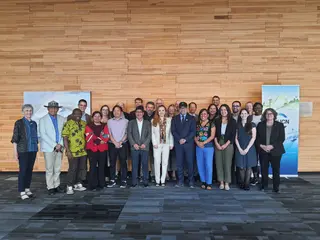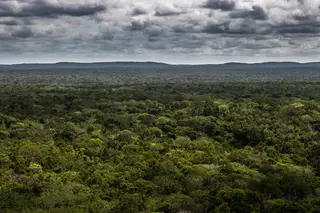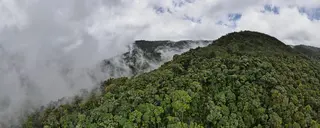The Global Environment Facility (GEF)
The GEF is the largest multilateral trust fund focused on enabling developing countries to invest in nature, and supports the implementation of major international environmental conventions including on biodiversity, climate change, chemicals, and desertification. It brings together 184 member governments in addition to civil society, international organizations, and private sector partners.
The Global Environment Facility was established on the eve of the Rio Earth Summit to tackle our planet’s most pressing environmental problems. Since then, it has provided more than $21.7 billion in grants and mobilized an additional $119 billion in co-financing for more than 5,000 projects and programs. Through its Small Grants Programme, the GEF has provided support to more than 26,000 civil society and community initiatives in 135 countries.





